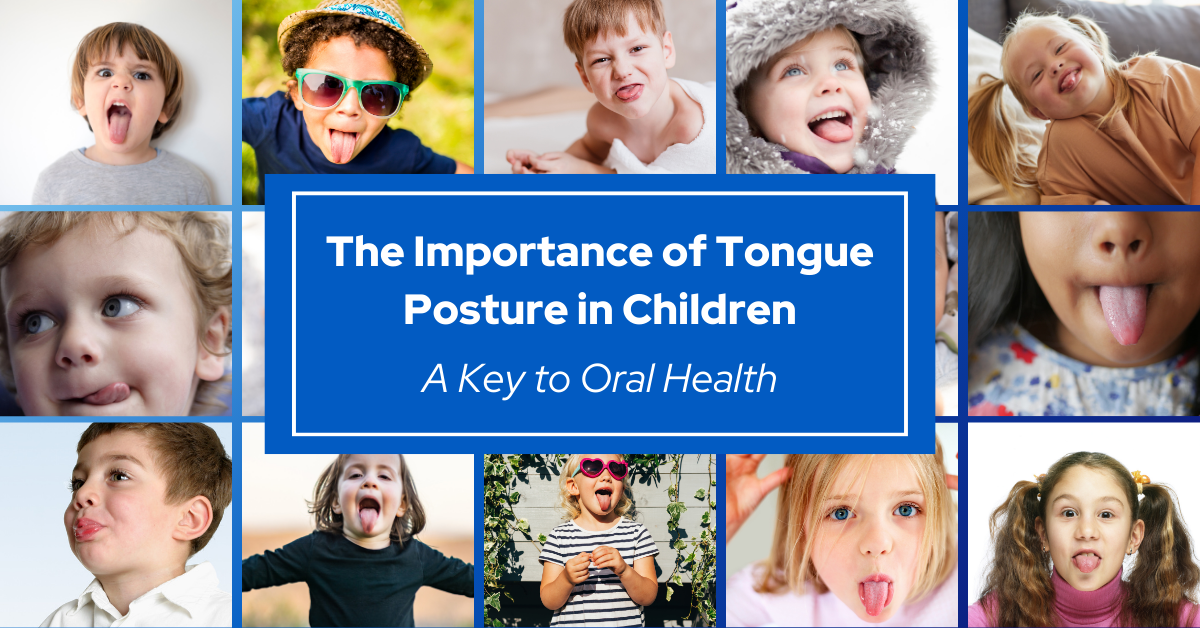Tongue posture is a crucial factor in a child's oral health and development. Its position can influence speech production, swallowing, and even the alignment of teeth. An abnormal tongue posture can lead to articulation disorders, difficulties in producing specific sounds, and anterior open bite, a condition where the front teeth don't touch when the mouth is closed.
A tongue that is positioned incorrectly can interfere with the production of certain sounds, affecting a child's speech clarity and comprehension. For instance, a tongue that is pushed too far forward can hinder the production of consonant sounds. Additionally, a tongue that is pushed against the front teeth can prevent them from coming together properly, contributing to anterior open bite.
Early intervention is essential for addressing tongue posture issues and preventing the development of oral health problems. By identifying and correcting abnormal tongue postures in young children, healthcare professionals can help improve their speech, swallowing, and overall oral health.
It's important to consult with a dental provider, speech-language pathologist, or myofunctional therapist for a comprehensive evaluation, including assessment of improper oral rest posture, to ensure appropriate diagnosis and treatment planning.
In conclusion, tongue posture plays a pivotal role in a child's oral health. By understanding its importance and addressing any abnormalities early on, healthcare professionals can help children achieve optimal oral health and well-being.

Share:
Malocclusion and Your Child's Speech: Tips for Parents
5 Fun Activities to Help Your Child Practice Speech Skills at Home